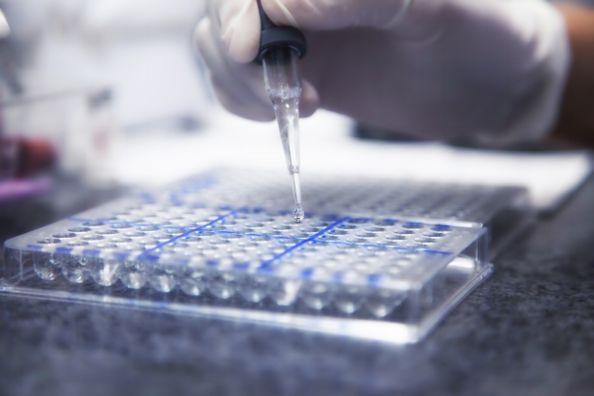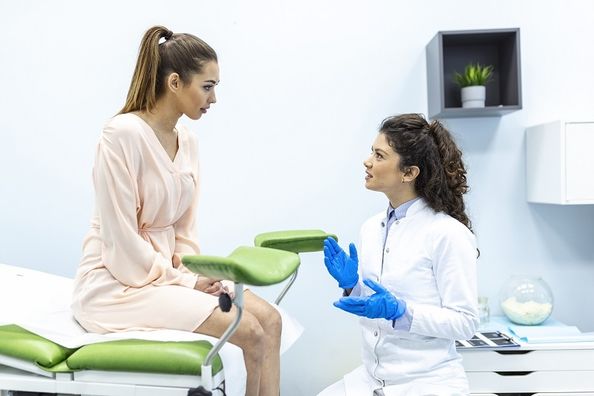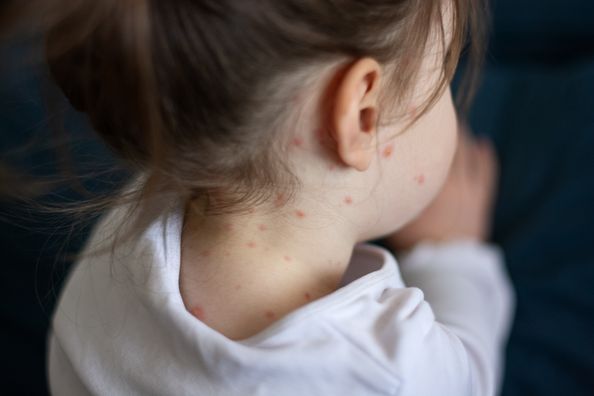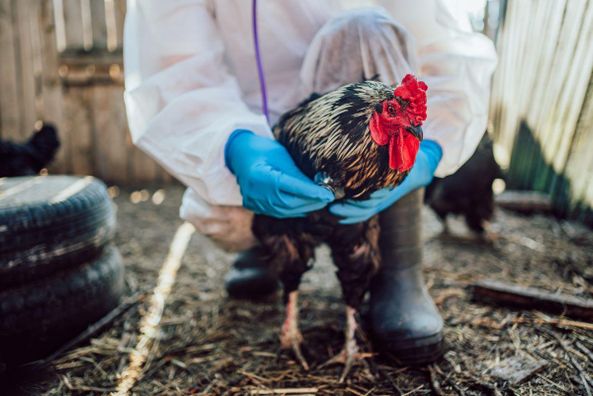Day by day, we’re learning more about the COVID-19 virus and how to fight it. Antibody testing is proving to be a powerful tool for the medical community in this fight, though there continues to be confusion and misunderstanding about its purpose and meaning. The following information outlines what you should know about COVID-19 antibody testing and how to get one for yourself.
What does antibody testing look for?
Simply put, an antibody test looks for the presence of antibodies in your blood. Antibodies are specific proteins that your body makes in response to an infection. Presence of COVID-19 antibodies in your body indicate you had the viral infection and may show an immune response to it, even if you never experienced any symptoms.
It is important to note that while these tests can determine who had the virus, we are not yet certain if antibodies created in response to the COVID-19 infection will provide immunity and/or how long any immunity will last. The CDC continues to conduct studies on COVID-19 immunity to determine the answers to these questions.
How is the antibody test performed?
Antibody testing is performed by a blood test, either through a blood draw or finger prick. This differs from the swab test performed to determine active COVID-19 infection cases.
DuPage Medical Group uses the Roche COVID-19 antibody test and is the first outpatient medical group to obtain this test nationally. The Roche test is the most accurate antibody test available, with a high sensitivity that approaches 100% that provides us with the best results possible.
What do the antibody test results mean?
If your antibody test results are NEGATIVE, it is unlikely you had COVID-19 more than 14 days ago.
- Test sensitivity decreases if you acquired COVID-19 less than 14 days ago, as your body is in the process of building up antibodies to an active infection.
- In that case, COVID-19 PCR testing for an active infection may be your best option to determine an active viral infection.
- Follow up with your doctor if you’re having active symptoms.
If your antibody test results are POSITIVE, it is very likely you had COVID-19 at some point.
- You will not require further COVID-19 testing, even if you did not show symptoms in the past 14 days.
- If you test positive and currently show symptoms, and/or live or work with someone who is at-risk, you will need to self-quarantine immediately and check with your doctor to see if further COVID-19 testing is warranted.
Why is antibody testing important?
There are many benefits to testing for COVID-19 antibodies, which in turn, help us understand the virus and how to lessen its spread and impact on our communities.
- Provides you with knowledge and confidence: simply knowing whether you had the virus or not can put your mind at ease or allow you to monitor and adjust your activities in the community or at work accordingly.
- Reinforces our need to keep social distance: some people may have assumed they had COVID-19 in the past, easing up on their need to keep socially distant as a result. Knowing the truth about your COVID-19 exposure and status is critically important in preventing spread of the infection in the community.
- Helps us understand and track the virus: knowing who had the virus, whether or not they showed symptoms, enables the medical community to understand how common COVID-19 is. This in turn helps us monitor its spread, look for common trends and develop treatments and practices in efforts overcome the virus.
How can I get an antibody test?
Antibody testing is available to anybody who requests it. If you would like to get an antibody test, please call your primary care provider. Your physician will need to order the test for you and will talk with you about your current health history and symptoms to confirm the antibody test is the right test for you at this time. Your physician will also direct you to the best DuPage Medical Group location near you for testing.
If you would like to learn more about antibody testing, COVID-19, prevention tips, DuPage Medical Group clinical safety and more, please visit our community health update page or call 1−888−693−6437 for additional information.
Health Topics:







